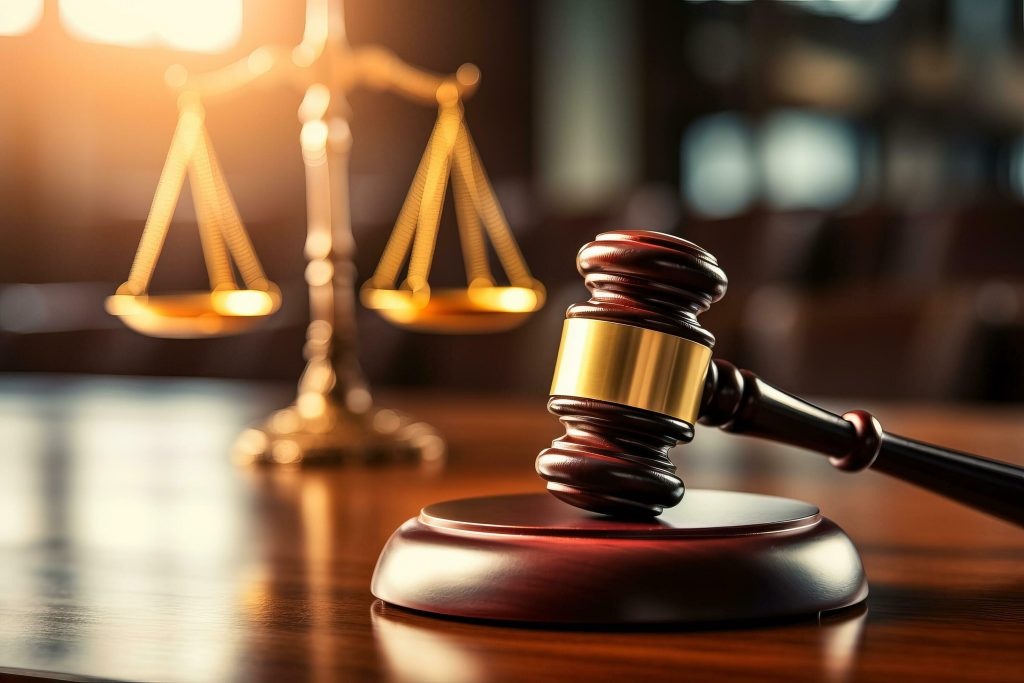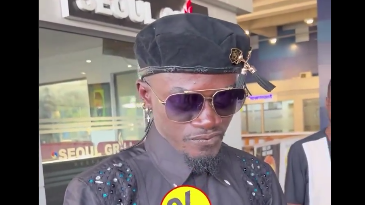- Two Ghanaian women, Priscilla Duah Birago and Charity Dede Tetteh, have been remanded into custody for allegedly making offensive statements about President John Mahama during a TikTok live stream on August 6, 2025.
- The remarks referenced the deadly helicopter crash that killed eight people. Prosecutors say the comments were abusive and likely to provoke public unrest.
- The women pleaded not guilty and are expected to reappear in court on September 4. Police are seeking access to their mobile phones to extract video evidence.
A TikTok live stream has landed two Ghanaian women in legal hot water — and their courtroom breakdown has only intensified public scrutiny.
Priscilla Duah Birago, a 29-year-old National Service Person, and Charity Dede Tetteh, a 29-year-old beautician, were remanded by the Adenta Circuit Court after being charged with conspiracy and offensive conduct. The charges stem from a live-streamed TikTok session on August 6, during which the pair allegedly made inflammatory remarks about President John Dramani Mahama in connection with the helicopter crash that claimed eight lives.
According to prosecutors, the women said they would have been happier if the President had been involved in the crash and made further comments deemed abusive and provocative. Charity reportedly disseminated the remarks on her TikTok account under the name “Abena Birago.”
The courtroom was tense as both women wept uncontrollably during proceedings. Their lawyer, Samuel Kwesi Agyei, argued for bail, citing their time in custody and the fact that their phones — the alleged source of the video evidence — are already in police possession. But Chief Inspector Maxwell Lanyo opposed the request, saying investigations are ongoing and the police have applied to the High Court for permission to extract data from the devices.
Presiding Judge Angela Attachie remanded the accused until September 4, when they are expected to reappear. A forensic capture of the livestream has been submitted as evidence.
The case has reignited debate over digital speech, accountability, and the limits of expression on social media — especially when national figures and tragedies are involved.



